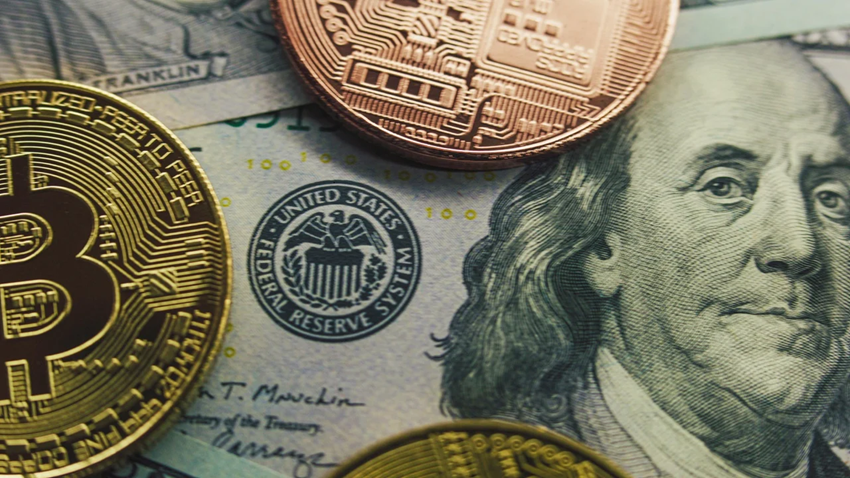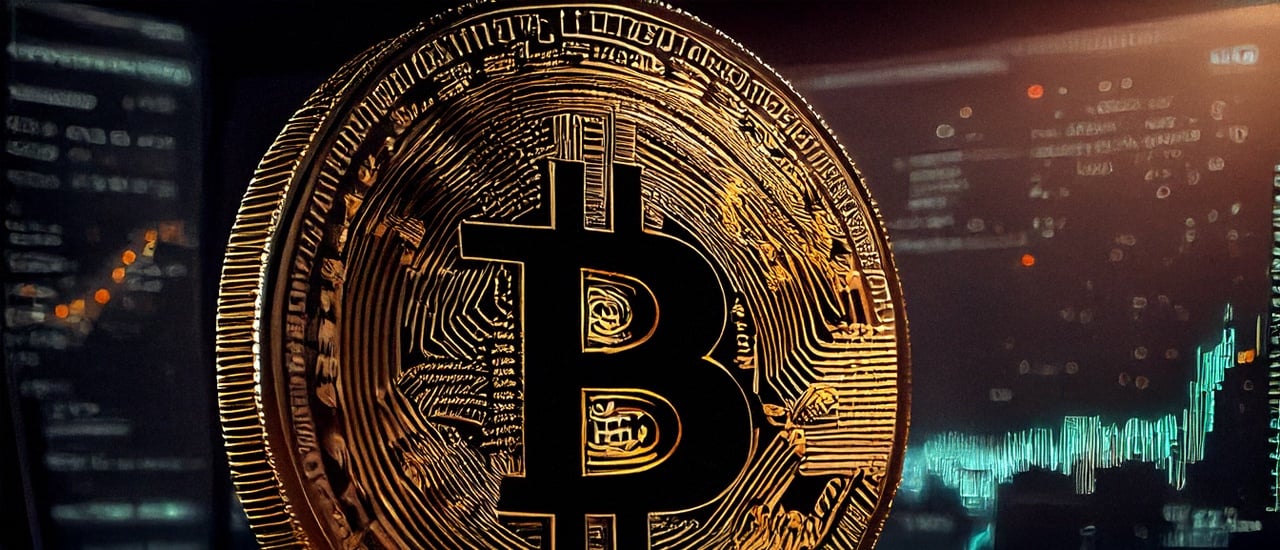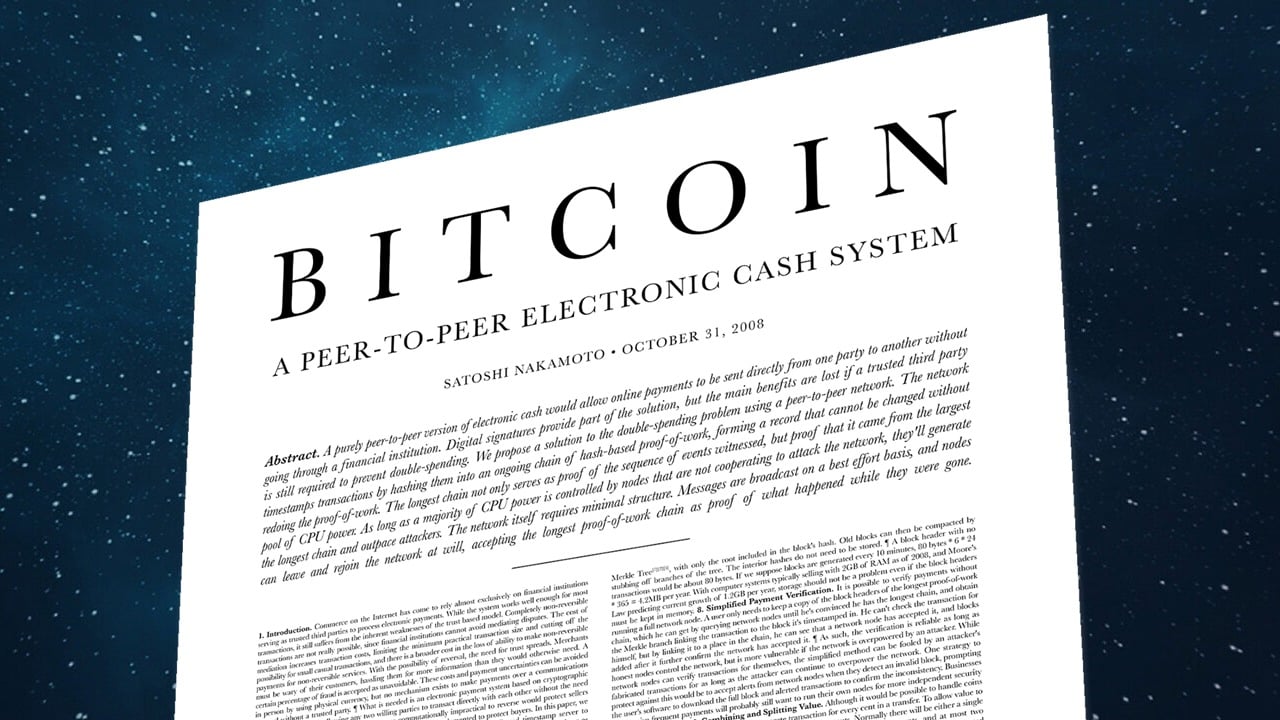
Rumors swirl around the potential for nation states to acquire large reserves of bitcoin (BTC), sparking debates on the risks and benefits for the cryptocurrency’s future.
Could Nation States Holding Bitcoin Spark Hyper bitcoinization?
In recent days, rumors have emerged about nation state accumulating substantial amounts of bitcoin, with some speculation even suggesting a coordinated effort to create a strategic bitcoin reserve. Talk of the United States building a reserve of bitcoin has been spurred by Cynthia Lummis, the Republican senator from Wyoming. Alongside this, U.S. President-elect Donald Trump’s aide suggested that the country could secure its interests in the cryptocurrency market by developing such a reserve.
These days, by several different means, international holdings are also expanding: El Salvador already has 5,931 BTC, the United Kingdom holds 61,245 BTC from criminal seizures, and the U.S. possesses 208,109 BTC. With a tightening market, questions remain about how a government-controlled bitcoin acquisition strategy would affect the cryptocurrency ecosystem. This article examines the potential effects of widespread national adoption of bitcoin reserves, with a focus on both risks and rewards.
Scenario: A Global Rush for Bitcoin
If a major nation such as China, Russia, Japan, Canada or the U.S. were to acquire significant bitcoin reserves, it could set off a domino effect. Other countries may feel compelled to follow suit, treating bitcoin (BTC) as an economic asset akin to gold. Bitcoin’s finite supply—capped at 21 million BTC—adds a layer of scarcity that would could very well attract governments wanting a hedge against inflation and economic volatility.

In this hypothetical situation, a high-profile acquisition by one or more countries would likely increase bitcoin’s price dramatically, reaching potential all-time highs as demand for this limited resource surges. Proponents argue that bitcoin could reach millions of dollars per coin if such an event unfolds, given the currency’s deflationary nature and the “store of value” characteristics that would emerge from national holdings.
As governments continue to buy up bitcoin, retail investors and institutions may view this as a signal of bitcoin’s long-term value. Interest from smaller states, wealthy individuals, and corporations could follow, creating a cascading effect of demand. Ultimately, bitcoin’s global image might shift from a decentralized, peer-to-peer (P2P) currency to a strategic state-owned asset. Still, BTC divides into eight decimal places, allowing even tiny fractions to be used in P2P transactions. This flexibility means that bitcoin’s smallest units can circulate among users and facilitate exchanges, keeping activity thriving even at the tiniest levels.
The Claimed Risks of Nation-State Accumulation
Supply Shortages and Centralization
One primary risk in this scenario involves the available supply of bitcoin for everyday transactions. If governments hoard significant quantities of bitcoin, it could result in a substantial reduction of circulating BTC, limiting availability for retail investors and businesses. As mentioned above, this scarcity could restrict bitcoin’s use as a medium of exchange, with fewer users able to transact freely on the network. This could occur if the onchain transaction fees end up costing more than the value being sent in a UTXO. In a worst-case scenario, governments’ accumulation of bitcoin could undermine its fundamental decentralization by concentrating power and control within state entities rather than among individual holders and decentralized institutions.
Miner Exodus and Security Implications
Bitcoin’s security depends on miners who validate transactions, receiving rewards from the fixed supply of 21 million BTC. If national acquisitions dramatically reduce bitcoin transactions, there may be fewer incentives for miners to operate. This downturn in miner profitability could force smaller mining operations out of the market, reducing the network’s overall hashrate and increasing vulnerability to potential attacks. Lower miner participation weakens the network’s resilience and could expose Bitcoin to risks previously buffered by a broad, decentralized network of participants. In effect, a network weakened by minimal activity could become more susceptible to control or influence from the states acquiring bitcoin, counteracting the decentralized ethos of the cryptocurrency.
Market Manipulation Risks
Government control of bitcoin could also create concerns regarding market manipulation. As nations secure larger holdings, they might control or even stabilize prices through their coordinated actions like suppression, potentially reducing bitcoin’s historically volatile nature. While some might view this as beneficial, others worry it may undermine bitcoin’s core principle as an unregulated asset, diminishing its value proposition as a decentralized currency. When Germany sold its bitcoin this year, the market experienced a brief dip, but it bounced back almost immediately.
The Alleged Benefits of National Adoption
Globally Recognized by Nation-States and Price Appreciation
Some believe one of the most prominent potential benefits of government adoption of bitcoin would be heightened recognition. As nations acquire BTC, bitcoin could gain status as a reserve asset and or a P2P currency on par with traditional monies or even gold. This recognition, some individuals say, might shift public and institutional perceptions of bitcoin as a viable financial asset. If bitcoin becomes a standard part of national financial strategies, market participants might treat it as a hedge against inflation, currency devaluation, and other forms of economic instability. This demand could lead bitcoin’s price to increase significantly, given its finite supply and increasing scarcity.

Network Investment and Indirect Security
It could also be said that governments, as significant bitcoin holders, may also invest in securing and strengthening the bitcoin network. Infrastructure enhancements could follow, with resources directed toward improving bitcoin’s transaction speeds, lowering fees, and bolstering security measures against threats like potential quantum computing attacks. With state support, the bitcoin network might experience technical advancements and greater protection, indirectly benefitting the private sector, retail investors and institutions who rely on bitcoin for decentralized finance (defi) solutions and other applications.
Social Layer Evolution and Economic Empowerment
As explored in analyses of bitcoin’s social layer, the presence of state-level holders could evolve the social contract surrounding bitcoin, altering its identity from a decentralized currency to a global reserve asset. And, in time, the currency of the future. This shift could enable nations with weakened economies to participate in the global economy on a more equal footing, backed by their BTC reserves. In turn, this could promote economic empowerment, especially for smaller or emerging economies. Additionally, bitcoin could help countries stabilize their finances amid global volatility, offering an alternative to traditional assets dominated by major economies and financial institutions.
Despite National Adoption, Bitcoin’s Foundational Principles Could Very Well Remain Intact
The prospect of nation states acquiring bitcoin presents both profound risks and rewards. Should a major nation make a strategic play for bitcoin, a chain reaction among global powers could follow, driving up bitcoin’s value as nations seek to secure their share of a finite supply. While this scenario could elevate bitcoin’s legitimacy, a slew of security concerns emerge, particularly around centralization and network integrity if miners face dwindling transaction volumes and profitability. In this unpredictable market, the stakes are very high for all bitcoin holders—from governments and corporations to retail investors. However, for bitcoin’s foundational principles to remain intact, these dynamics must be managed to preserve its decentralized ethos even as it evolves on the world stage.
Source: Bitcoin



